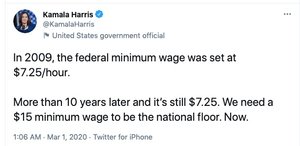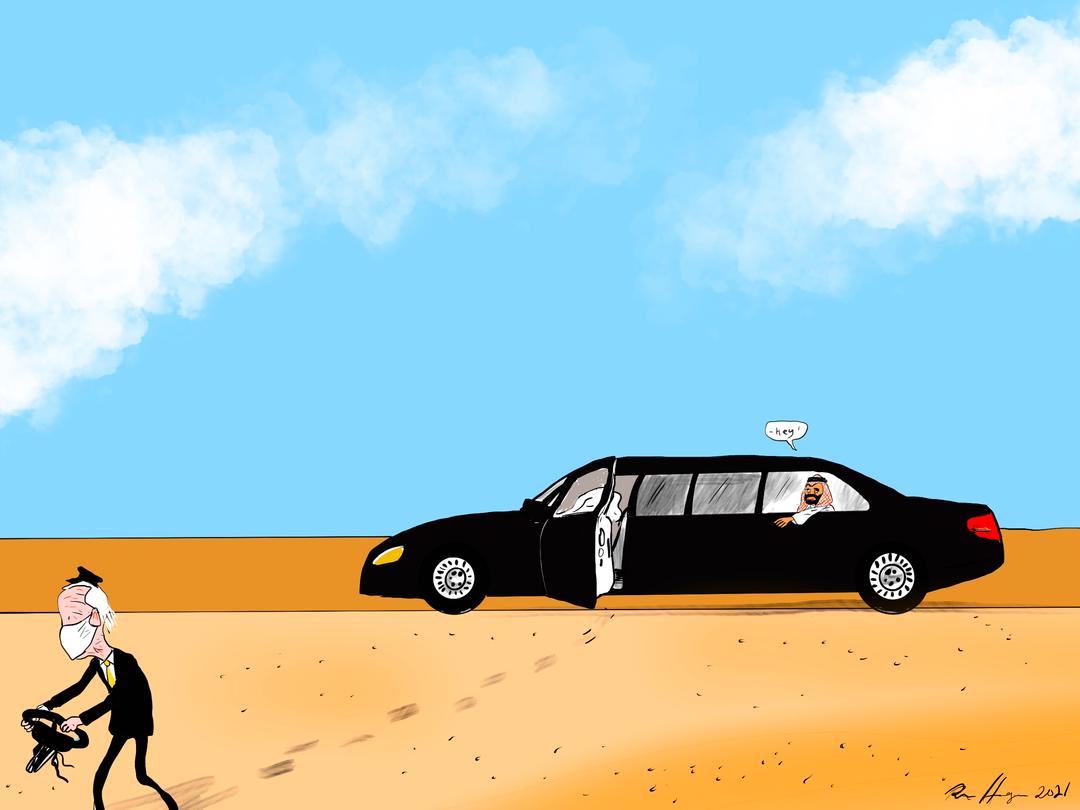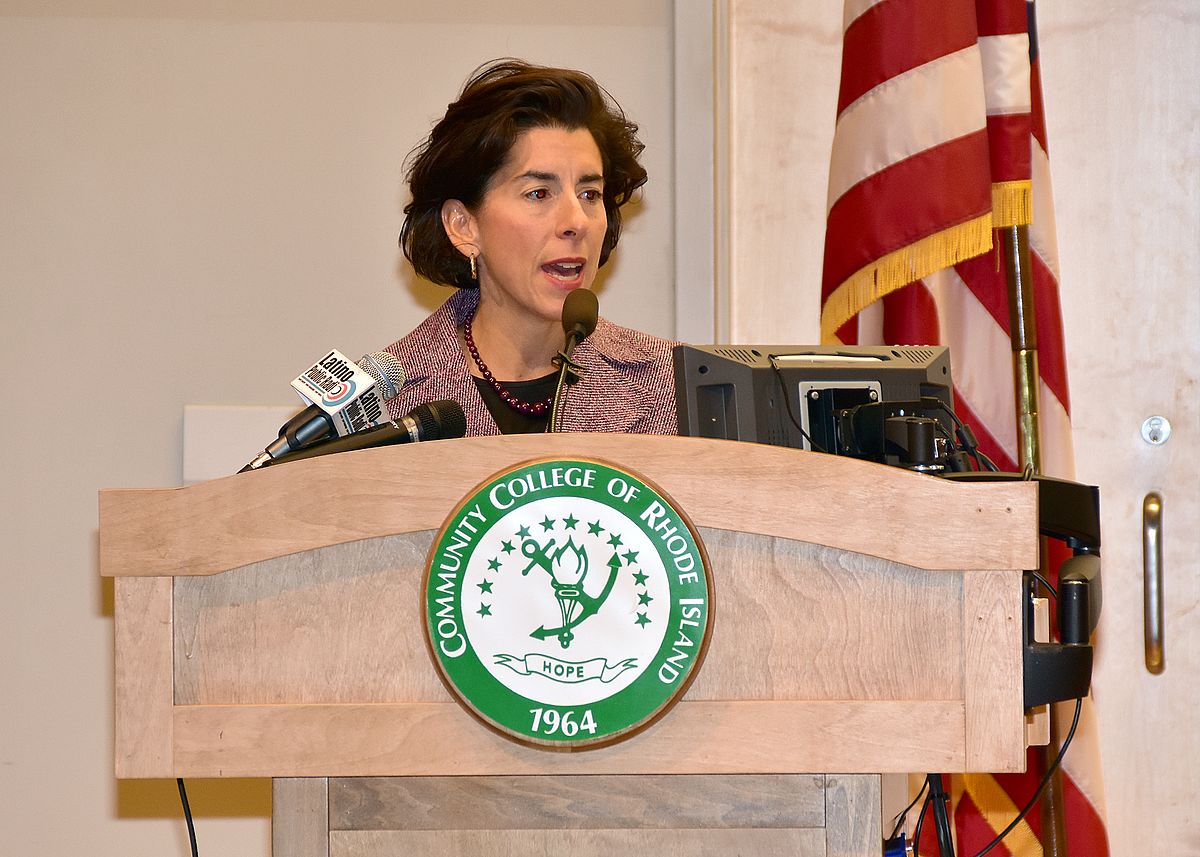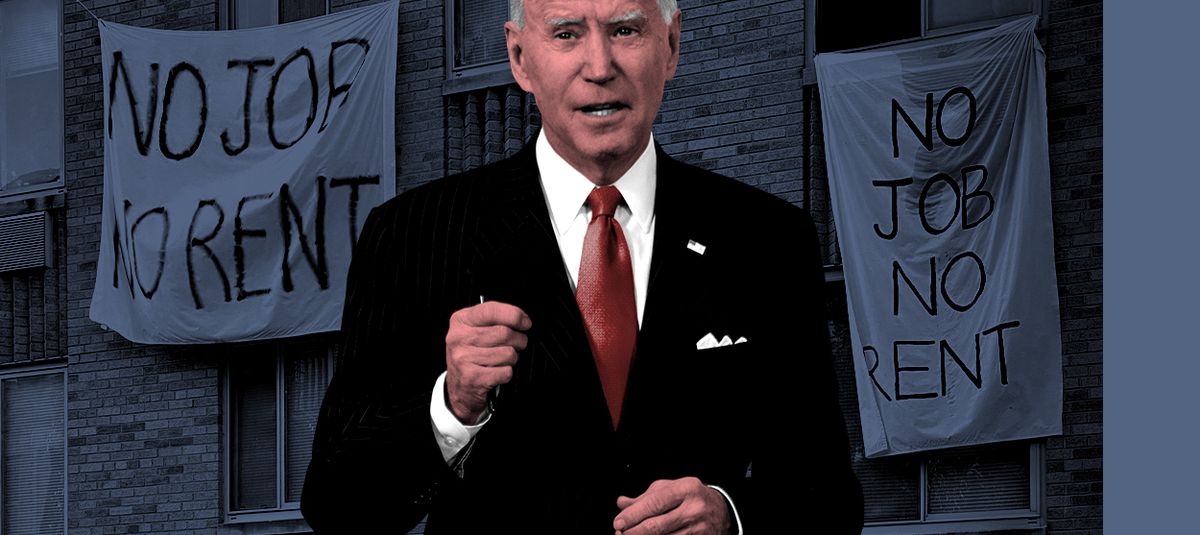Viktige ting på gang…
In 2008, Barack Obama became the first major candidate to opt out of the public-financing system set up to fund presidential campaigns, gambling that he would be able to raise more money outside of it. His opponent, John McCain, was a big proponent of campaign finance reform, having written the “McCain-Feingold” law that banned soft-money donations from national political parties to candidates. McCain kept to public-financing limits, spending only $84 million, while Obama was limited only by how much money he could raise. McCain was vastly outraised and outspent, aiding Obama’s landmark victory.
Supporters of Obama’s choice said that it helped “democratize” spending, enabling more small-dollar donors to support his candidacy. McCain, meanwhile, faced blowback for his decision from his own party. In a campaign postmortem, Karl Rove wrote for The Wall Street Journal editorial pages that “Mr. Obama’s victory marks the death of the campaign finance system … No presidential candidate will ever take public financing in the general election again and risk being outspent as badly as Mr. McCain was this year.”
The public-financing system, created by Democrats after the Watergate scandals in 1976, was set up to restore public trust in federal campaigns and limit the kind of shady dealings that went on during the Nixon years. Obama’s choice signaled a major shift away from public funding, and two years later, the Supreme Court upended everything.
Citizens United v. FEC (2010) held that the First Amendment prohibits limits on spending on political campaigns by corporations, nonprofits, and labor unions. The ruling dramatically shifted the landscape of political spending, culminating in two Senate special elections this year in Georgia that cost nearly a billion dollars combined.
But critically, Citizens United does not prohibit new laws that would require more transparency, laws that formalize requirements for independent spending, nor laws that might bolster small-dollar donors. In short, it does not prohibit laws that would set up mitigation efforts to counter the Citizens United effect, through provisions such as a public-financing system for small-dollar donors. Democracy reform advocates and their allies in Congress have made the first piece of legislation introduced in the last Congress and the current Congress about just this.
H.R. 1, the For the People Act, along with its sister bill, the John Lewis Voting Rights Act, signals Democrats’ commitment to voting rights and democracy reform. (The Supreme Court heard arguments Tuesday in another challenge that could further eviscerate the Voting Rights Act unless Congress takes action.) H.R. 1, which the House introduced for debate on Tuesday, includes provisions for automatic voter registration, and empowers small donors through a public-financing system. It would end partisan gerrymandering and overhaul federal ethics rules, including a code of ethics for Supreme Court justices. It will get a final vote in the House this week.
It is highly unlikely Republicans will support H.R. 1, given Mitch McConnell’s antipathy to campaign finance reform. In other words, it will take legislative reform—Democrats eliminating the filibuster—to advance democracy reform.
“H.R. 1 takes a ‘whole of democracy’ approach,” explained Stephen Spaulding, senior counsel at Common Cause. He cited three pillars in the legislation: “Expanding access to the ballot box; pillar two is reducing the undue influence of money in politics, breaking the grip that big money has on the political system; and pillar three is ensuring clean and ethical government.”
Advocates say that the bills would make America a true democracy, by rolling back the stranglehold that big-money donors have on the political system. “It’s the boldest pro-democracy reform package introduced in Congress since the Watergate era,” wrote Sylvia Albert, director of voting and elections at Common Cause,
for Roll Call.
[…]
But the Citizens United decision itself was a constitutional ruling. To address this, the For the People Act does something similar to a statutory override, only it attacks a constitutional decision not so easily overturned. The bill counters the influence of corporate spending by empowering small-dollar donors as a countervailing force, and by requiring greater transparency and independence of the big donors in political spending.
An entire section of the bill is devoted to the Citizens United decision. That ruling, the bill states, “erroneously invalidated even-handed rules about the spending of money in local, State, and Federal elections.” The bill continues: “The Supreme Court’s misinterpretation of the Constitution to empower monied interests at the expense of the American people in elections has seriously eroded over 100 years of congressional action to promote fairness and protect elections from the toxic influence of money.”
In this way, the legislation is somewhat unusual. If Congress passes the For the People Act, it would be curtailing or constraining the First Amendment rights the Court provided for corporations. Typically, it’s the Court that is constraining constitutional rights, and Congress—the People’s House—trying to expand them. The roles here are flipped. “It’s hard to imagine a constitutional right that Congress doesn’t like,” Smith said. “It’s usually the other way around.”
The House is passing a democracy reform package this week, which attacks the Supreme Court’s ruling in Citizens United.

prospect.org


















